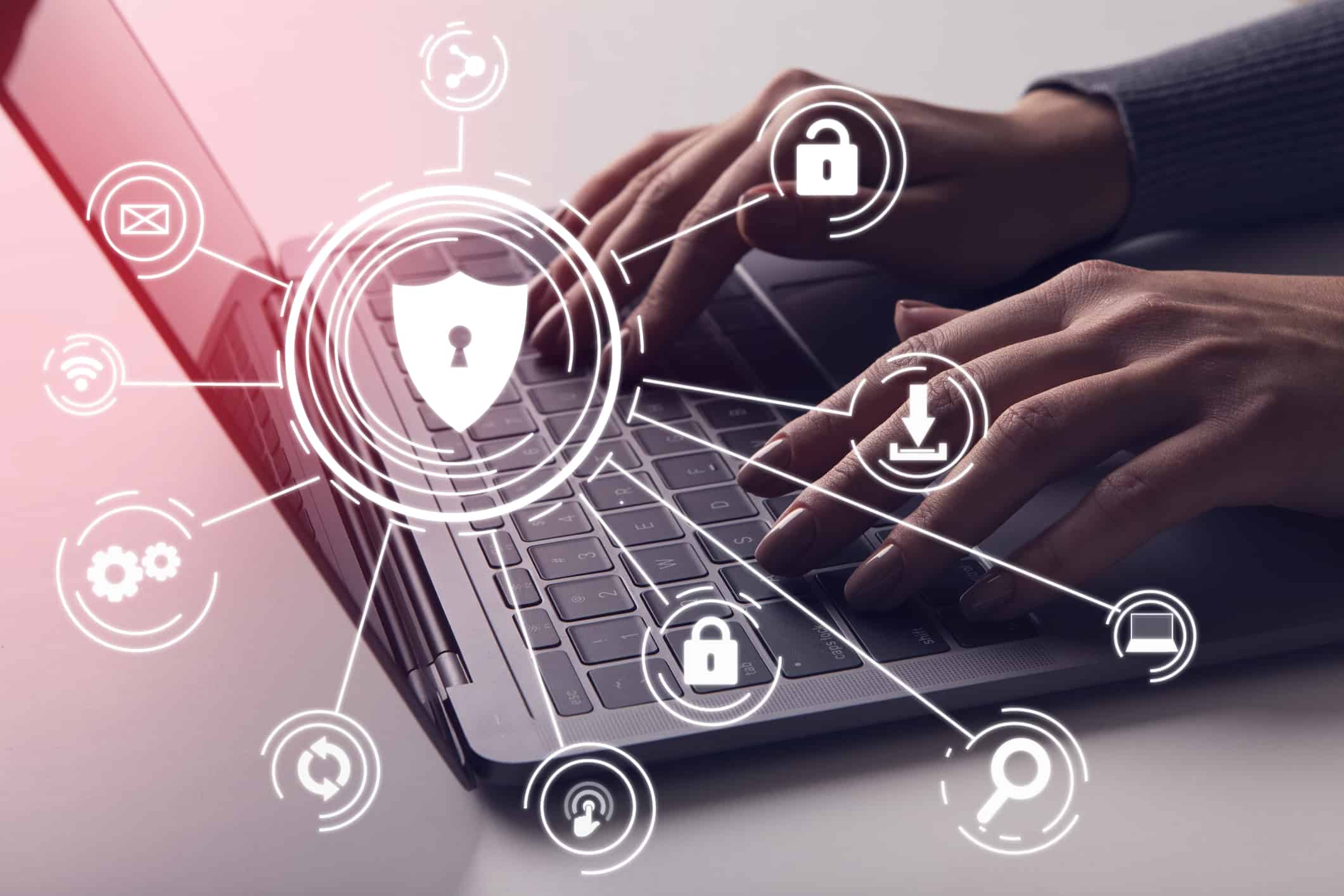When large tech companies talk about cybersecurity, compliance and risk management, it usually sounds like something for the big players. That is, large enterprise operations or businesses that would be the target of major attacks. The truth is, however, that our data-driven economy levels the playing field in many ways. One of these ways, unfortunately, is by making small businesses just as vulnerably to cyber attacks as their larger counterparts.
According to IBM, 2021 saw the highest average costs for breaches. On average, data breaches costs businesses in the United States up to $4.24M. While that doesn’t mean that your breach could cost you that much, it’s important to know that, no matter the size of your business, you need to take cybersecurity seriously.
The Human Element: Phishing and Social Engineering
The most significant, most damaging, and most widespread threat facing small businesses are phishing attacks. Phishing attacks have grown much more sophisticated in recent years, with attackers becoming more convincing in pretending to be legitimate business contacts. There has also been a rise in Business Email Compromise, which involves bad actors using phishing campaigns to steal business email account passwords from high-level executives, and then using these accounts to request payments from employees fraudulently.
According to Security Magazine, phishing has become a serious problem cross-industry. Researchers have found out that in 2021, 20% of energy employees have encountered phishing attacks, 56% of Android users face risk from over 300 types of phishing attacks, and mobile phishing has expanded by 17.2%.
Ransomware

Ransomware is one of the most common cyber-attacks, hitting thousands of businesses every year. Small businesses are especially at risk from these types of attacks. In 2018, 71% of ransomware attacks targeted small businesses, with an average ransom demand of $116,000. Attackers know that smaller firms are much more likely to pay a ransom, as their data is often not backed-up, and they need to be up and running as soon as possible. The healthcare sector is particularly badly hit by this type of attack, as locking patient medical records and appointment times can damage business to a point where it has no choice but to close unless a ransom has been paid.
We aren’t strangers to ransomware, and the continuing rise of ransomware attacks (perhaps codified in popular culture with the Colonial Pipelines attack) threatens small businesses. According to a story in Forbes, small businesses are facing an onslaught of ransomware threats, and with the rise of Ransomware-as-a-Service (RaaS) these threats are only becoming more common and persistent.
Turning to Compliance and Training
One of the major misconceptions that small businesses have is that they don’t have to focus on cybersecurity in the same way that larger companies do. With modern cloud technologies in the hands of SMBs, it’s imperative that you approach security seriously, and as a full-time job.
In many ways, this falls on compliance as a path to success. If you don’t think that compliance will help you, you’re most likely missing the boat. Industry-standard compliance frameworks like HIPAA, FedRAMP and ISO 27001 are critical for security in those markets–but more importantly these can help you think about your specific security capabilities.
That’s why we recommend that you work with security firms not only on mandatory compliance requirements, but on optional compliance frameworks that can support your security goals. Frameworks like SOC 2, while targeting financial businesses, offer powerful guidelines for processes like risk management, security implementation and proactive mitigation of these common threats.
How Can Small Businesses Focus on Cybersecurity?
Fortunately, you can help prepare your small business for modern threats with some basic and common procedures:
- Maintain Training and Education: Employees are the first line of defense against cyber-attacks, and naïve working practices and behaviors could be putting businesses at higher risk. Boosting awareness of hackers’ tactics can help SMBs ensure that their employees are a security strength rather than a weakness.
- Proactively Monitor Systems: Phishing is a widespread technique amongst attackers. As a result, employers need to be confident in recognizing the different types of this attack. Tailored and ongoing security awareness training that includes phishing simulations will help employees know the signs of an attack before it’s real.
- Focus on Risk Management: Every business has diverse risk factors. If you don’t have the expertise, contact an independent security auditor or a managed service provider (MSP) to assess your security posture. Work to develop a plan for adequate and ongoing risk mitigation.
- Stay Ahead of Threats: Set up a data breach response plan that recognizes specific security experts to call, and a communications response plan to warn customers, staff, and the public.
Get Your Small Business Prepared for Cybersecurity with Lazarus Alliance
SMBs can be vulnerable to Cybersecurity attacks and may not have the personal or resources required to proactively manage cybersecurity. The Cybersecurity experts at Lazarus Alliance are completely committed to you and your business’ success. Regardless of whether you represent the private sector or the public sector, we stand ready to partner with your organizations.
Call Lazarus Alliance at 1-888-896-7580 or fill our this form.




Related Posts